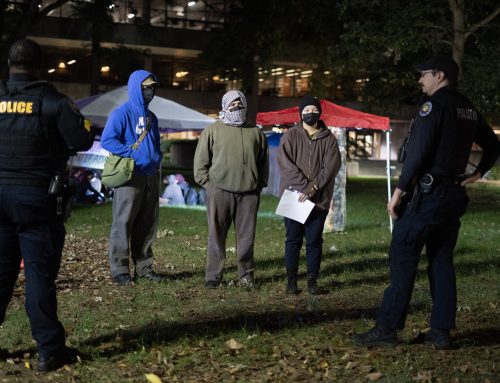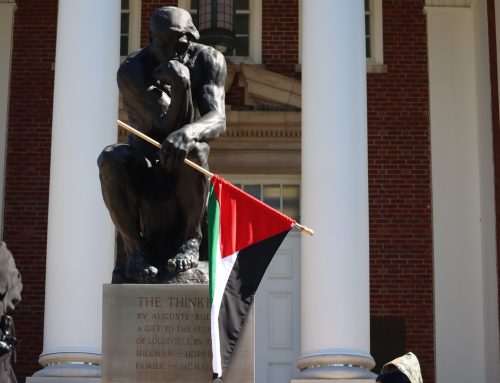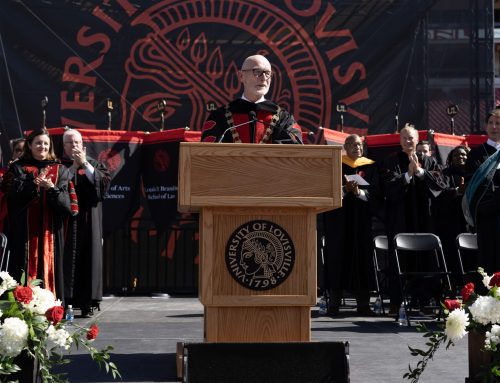By Josie Simpson
Wednesday, the U.S. Department of Justice announced that it is moving to drop police reform agreements.
Assistant Attorney General Harmeet Dhillon addressed the DOJ’s decision to drop the agreements. She claimed that the Biden administration “cherry-picked” statistics to accuse law enforcement departments of widespread misconduct.
She added that consent decrees increase rules and procedures in a hierarchical structure, which makes recruiting and retaining officers more difficult.
“It’s our view at the Department of Justice Civil Rights Division under the Trump administration that federal micromanagement of local police should be a rare exception and not the norm, and certainly not something that we’re seeking to increase in our time here,” she told reporters in a briefing.
The NAACP criticized the DOJ’s decision to remove police reform agreements. “It’s been five years, and police reform legislation still hasn’t passed in Congress, and police departments still haven’t been held accountable,” said NAACP President Derrick Johnson.
Attorney Ben Crump, who represents Taylor’s family, said, “These consent decrees and investigations were not symbolic gestures; they were lifelines for communities crying out for change, rooted in years of organizing, suffering, and advocacy.” Crump added that these moves will “deepen the divide between law enforcement and the people.”
Mayor of Louisville Craig Greenberg also spoke about this decision at a press conference Wednesday.
“The DOJ is moving to dismiss its case with prejudice, meaning that the case will be permanently closed. We believe the court will grant this motion,” he said. “While this is not the outcome we hoped for when we stood right here in December and announced the decree, it is an outcome that we have planned for. We, as a city, are committed to reform.”
Greenberg said that he “made a promise to our community, and we are keeping that promise.” He promised to move forward with the city’s own version of the agreement, called the Community Commitment–Louisville’s Consent Decree.
McGarvey concluded, “While Trump is playing politics and undermining our nation’s fight for racial justice and civil rights, we will continue working to ensure everyone in Louisville is and feels safe.”
My statement on the Trump administration's decision to abandon Louisville's consent decree: pic.twitter.com/tcMsNeT5vW
— Rep. Morgan McGarvey (@RepMcGarvey) May 21, 2025






